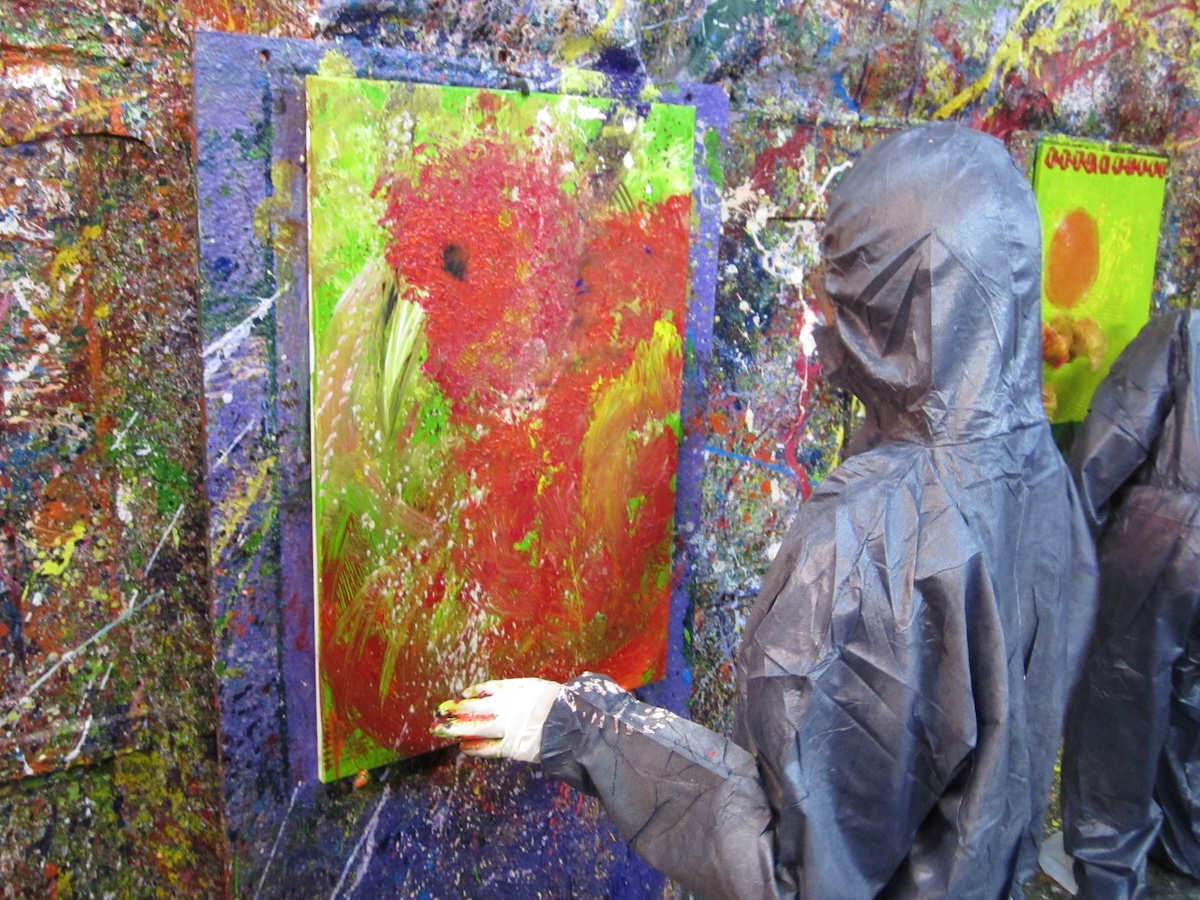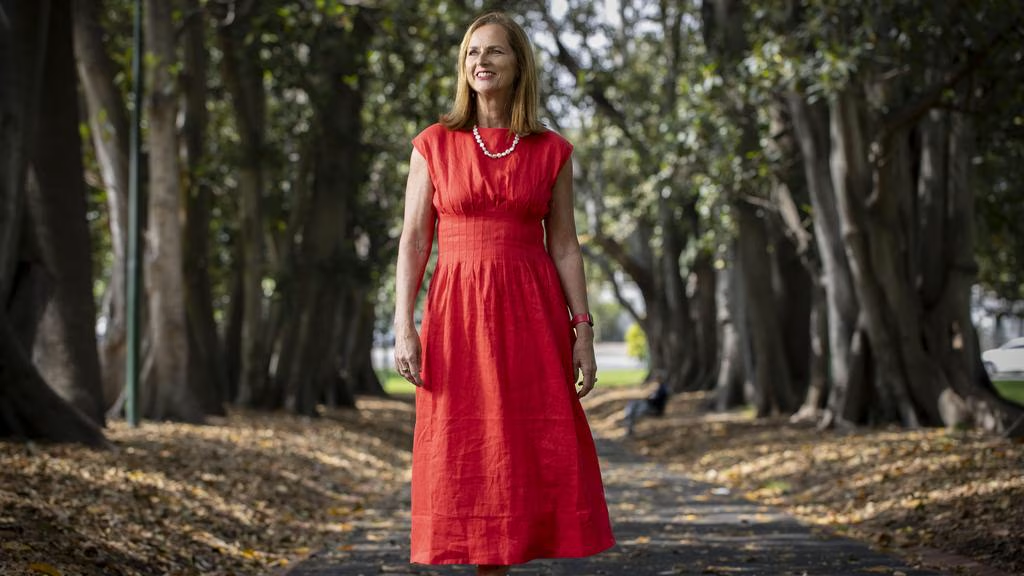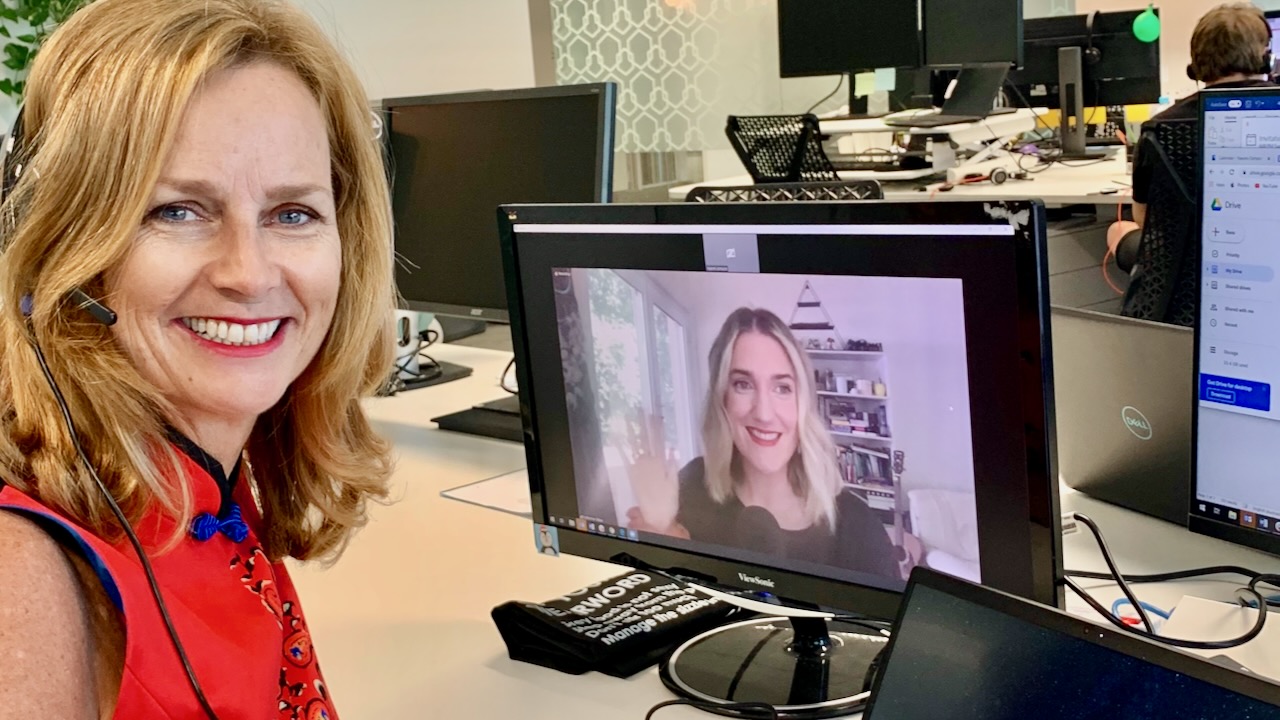The Secret Fuel for Your Best Ideas: Why Your Wellbeing is Your Smartest Business Strategy
I want to take you to a Tuesday afternoon, a few years deep into building RedBalloon. The office was buzzing, the phones were ringing, and my to-do list was longer than my arm. We were facing a big marketing challenge. Our competitors were catching up, and I knew we needed a breakthrough idea, a fresh, creative campaign that would cut through the noise.
So, I did what most small business owners do. I decided to hustle my way to a solution. I called a meeting. I got the whiteboard out. I told the team, "Let's brainstorm! No bad ideas!" I tried to force it. I pushed and I prodded, but everything we came up with felt… stale. Tired. It was a rehash of old ideas, a collection of uninspired thoughts. The creative well was completely dry.
I left the office that night feeling frustrated and defeated. I felt like I was failing. As I drove home, exhausted and disheartened, it hit me. The problem wasn't my team. The problem wasn't the market. The problem was me.
I had been running on empty for months. My diet was whatever I could grab between meetings, my sleep was minimal, and my only exercise was walking from my desk to the coffee machine. My brain wasn't a fertile ground for new ideas; it was a barren, overworked patch of dirt. I was demanding creativity from an engine that had no fuel.
This was one of the most crucial small business life lessons I’ve ever learned: Your creativity is your business's most valuable currency, and your wellbeing is the only bank that produces it.
We celebrate creativity as the lifeblood of entrepreneurship. It's how we solve problems, delight customers, and outsmart our bigger competitors. But we treat our own wellbeing as an afterthought, a luxury we'll get to when we're "successful."
That’s a recipe for disaster. Today, I want to talk about why nurturing your small business wellbeing is not a soft indulgence. It is the most hard-nosed, strategic, and essential practice for building a business that is not only successful but also sustainable and joyful.

Creativity is King
The Creativity Thief: Why Burnout is Your Biggest Competitor
Have you ever noticed that your best ideas rarely come when you're staring intensely at your computer screen? They pop into your head in the shower, on a long drive, or just as you're drifting off to sleep. There's a scientific reason for that.
Creativity, innovation, and strategic thinking come from a part of our brain called the prefrontal cortex. This is our "CEO brain." It’s calm, rational, and can see the big picture. But when we are stressed, overwhelmed, and exhausted, our body goes into a state of "fight or flight." This stress response, fuelled by cortisol and adrenaline, effectively shuts down our CEO brain. The body diverts all its energy to the primitive, reactive parts of our brain that are only focused on one thing: survival.
You cannot be innovative and in survival mode at the same time.
As a small business owner, you are living in a low-grade state of fight or flight almost constantly. The pressure of cash flow, the responsibility for your staff, the constant juggling act—it all keeps you in a state of high alert. This is why, when you’re burnt out, every small problem feels like a catastrophe. It's why you find yourself just going through the motions, unable to think of new ways to grow. Your brain literally doesn't have the biological resources to be creative.
Burnout isn't just a feeling of being tired. It's a thief that robs you of your greatest asset. Your real competitor isn't the business down the road; it's the exhaustion that's stopping you from having your next great idea.
Refilling the Well: Wellbeing as a Deliberate Creative Practice
So, if we know that a stressed and exhausted brain can't be creative, the strategic imperative is clear. We have to create the conditions for our CEO brain to come back online. This means reframing our approach to small business wellbeing. It’s not about taking a break from work; it's about doing the essential work that enables great work.
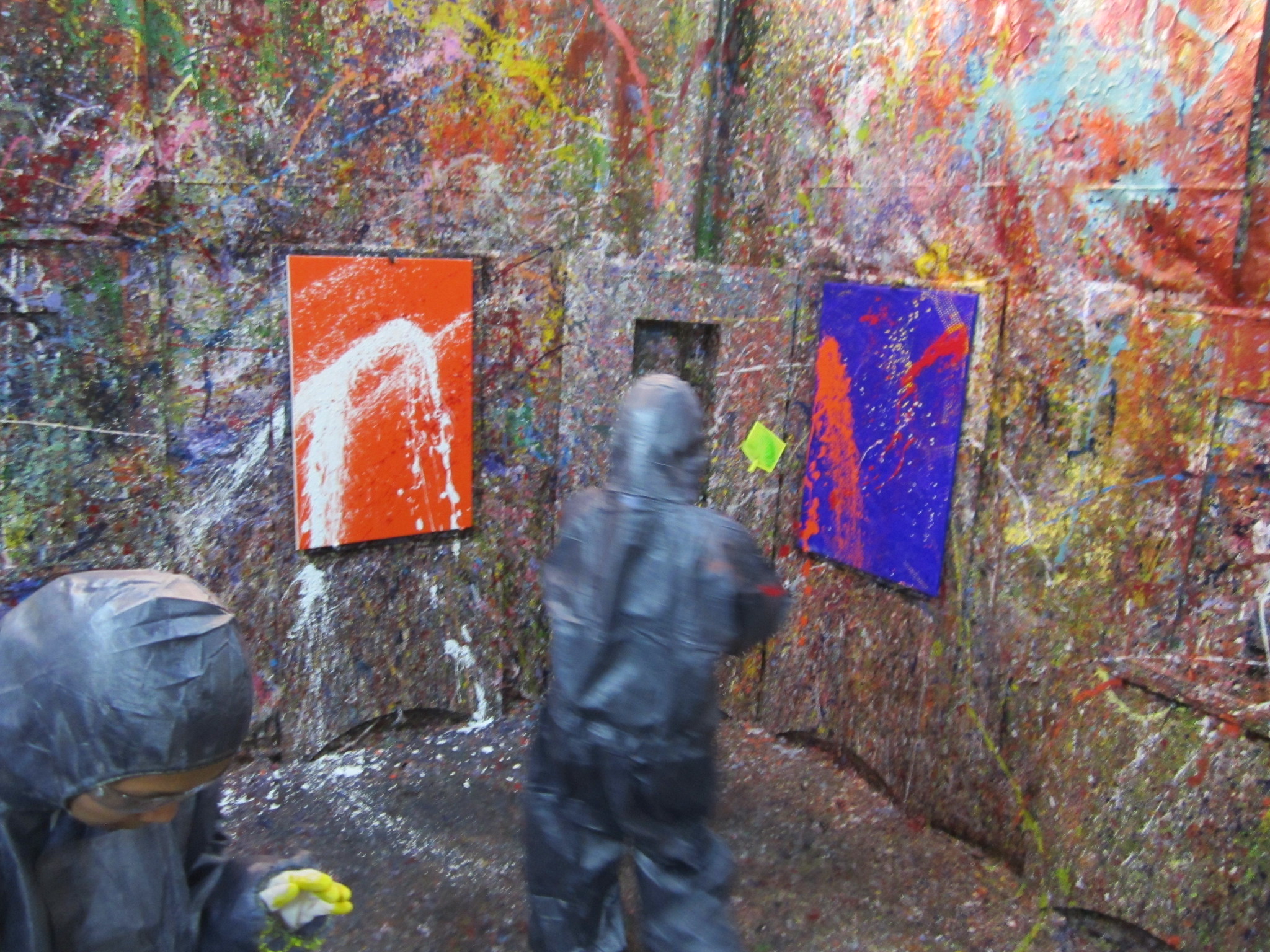
1. The Power of "Fallow Time": Doing Nothing is Doing Something
Farmers know that you can't plant the same field season after season without letting it rest. You need to leave it fallow to allow the nutrients to return to the soil. Your brain is exactly the same. You cannot expect it to produce a constant harvest of brilliant ideas without giving it fallow time.
Fallow time is unstructured, purposeless, and gloriously unproductive. It’s the space between the thoughts, where new connections are made.
- It's going for a walk without a podcast or a phone call.
- It's sitting on your back deck with a cup of tea, just watching the birds.
- It's pottering in the garden or tinkering in the shed.
This isn't laziness. This is strategic neurological recovery. It's in these moments of mental quiet that your subconscious mind gets to work, connecting disparate ideas and serving up the breakthrough you've been searching for.
Your Practical Assignment: Schedule 15 minutes of "nothing" into your calendar twice this week. Treat it as a non-negotiable meeting with your Head of Innovation (which is your rested brain). Leave your phone behind. Just be. It will feel deeply uncomfortable at first. That's how you know it's working.
2. Your "Third Space": Finding Inspiration Beyond Your Business Bubble
A small business can become an echo chamber. You're so immersed in your own industry, your own problems, and your own perspective that your thinking becomes stale. The key to fresh, creative ideas is cross-pollination. You need to expose your brain to new inputs that have absolutely nothing to do with your business.
This is the concept of a "third space"—a place that is not your home and not your work. It's a place where you are not "the boss."
- Join a pottery class: The tactile nature of working with clay can unlock a different part of your brain.
- Learn a musical instrument: It teaches you about process, discipline, and the joy of creating something from scratch.
- Play a team sport: It's a masterclass in collaboration, trust, and reading the play—all vital business skills learned in a completely different context.
- Visit an art gallery or a museum: It forces you to look at the world through someone else's eyes, to appreciate different aesthetics and stories.
When you engage in these activities, you are not procrastinating. You are gathering new dots. Your brain will then do the magical work of connecting these new dots to your existing business challenges in surprising and innovative ways. That solution to your logistics problem might just come from the way a basketball team runs a play. Your next marketing campaign might be inspired by the colours in a painting.
Your Practical Assignment: This month, book yourself into one activity you've been curious about but have told yourself you're "too busy" for. A cooking class, a life drawing session, a weekend workshop. See it not as an indulgence, but as a strategic investment in your creative R&D.
The Leader's Ripple Effect: Wellbeing as a Cultural Foundation
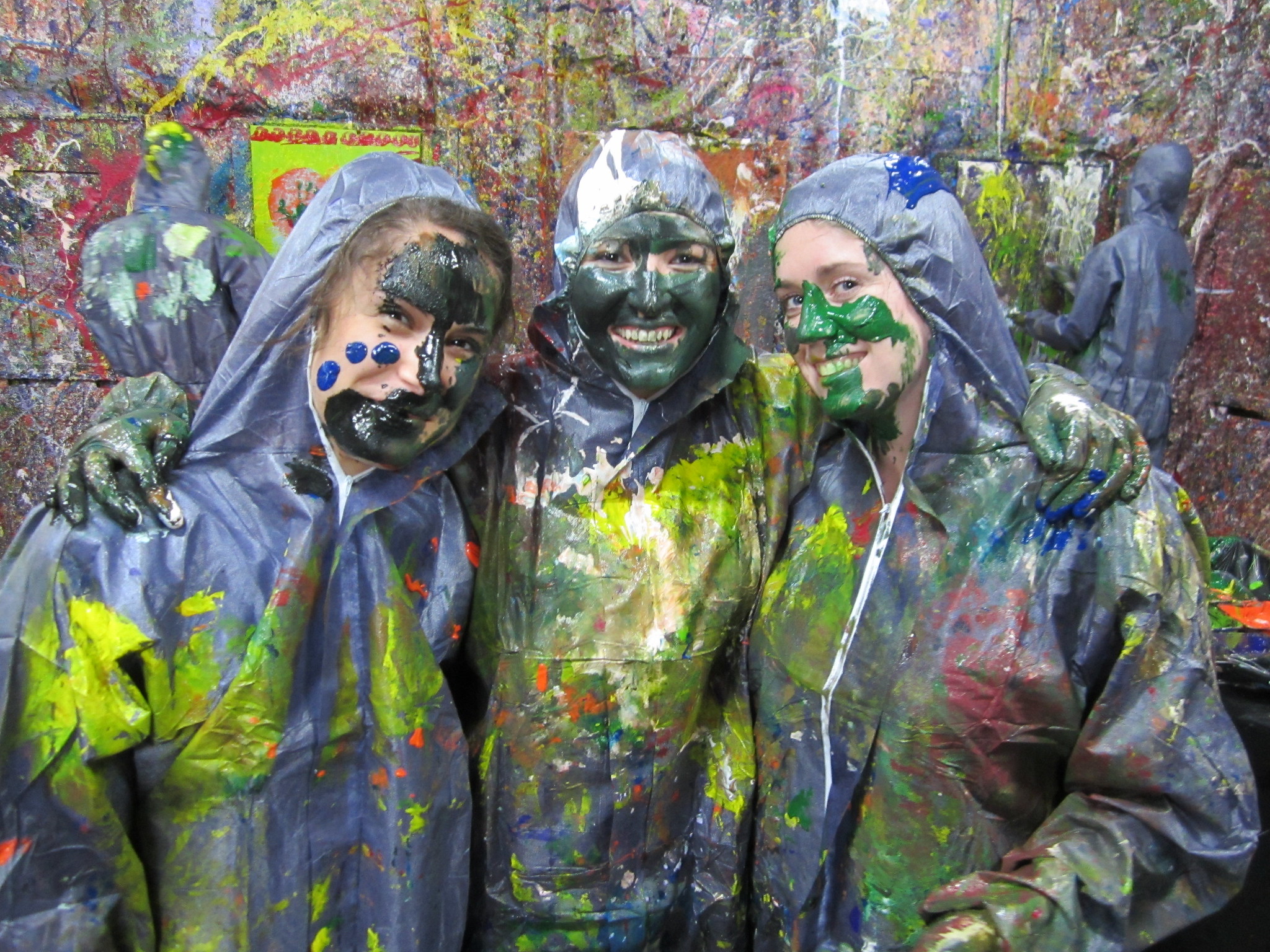
Now, let's talk about your role as a leader. You are the emotional and energetic barometer of your entire business. Your team is watching you. If you are running around stressed, frazzled, and sending emails at midnight, you are creating a culture of anxiety and burnout, whether you mean to or not.
A burnt-out leader cannot lead a creative team. It’s impossible. You cannot ask your people to bring their best, most innovative ideas to the table if they are working in an environment of constant, low-grade stress that you are role-modelling.
Conversely, when you prioritise your own wellbeing, you give your team explicit permission to do the same.
- When you take a proper lunch break away from your desk, you are silently telling your team that rest is part of the workday.
- When you talk enthusiastically about the hike you went on over the weekend, you are modelling a healthy work-life integration.
- When you set a firm "tools down" time and stick to it, you are showing them that you trust them to get their work done within reasonable hours.
Your commitment to your small business wellbeing is the most powerful tool you have for building a resilient, creative, and engaged culture. A team that feels safe, respected, and energised is a team that will solve problems you didn't even know you had. They will bring you ideas that will propel your business forward. Your wellbeing isn't just about you; it’s contagious.
Your Practical Assignment: Have an open conversation with your team about it. At your next team meeting, try saying, "I've realised I'm at my most creative when I'm well-rested. I'm going to make a real effort to switch off at 6 pm each night. I want you all to feel you can do the same. Our best work comes from fresh minds, not tired ones." This one conversation can change your entire workplace culture.
Your Best Idea is Waiting for You
Creativity is not a mystical talent bestowed upon a lucky few. It is the natural state of a healthy, rested, and engaged human brain. For too long, we have treated the pursuit of success as a war of attrition against our own bodies and minds. We need to stop.
The most successful and enduring businesses are not built by martyrs. They are built by people who understand that their capacity to create is directly linked to their capacity for self-care. They are built by leaders who have the wisdom to step away from the noise, to find joy and inspiration in the world outside their office walls, and to bring that renewed energy back into their work.
So, I ask you. What is one thing you will do this week, not just to run your business, but to refill your own creative well? What small act of strategic wellbeing will you invest in?
Go for that walk. Book that class. Put down your phone. Your business—and your soul—will thank you for it. And your next breakthrough idea is probably waiting for you there.
Frequently Asked Questions (FAQs) on Creativity is King
Why is creativity considered a "king" skill in modern business?
In an era where technology and AI can automate routine tasks, creativity has become the ultimate human advantage. It is the "king" skill because it is the engine of innovation, the source of differentiation, and the key to solving complex problems in novel ways—abilities that cannot be replicated by machines.
How is creativity in business different from artistic creativity?
While related, creativity in business is less about artistic expression and more about applied imagination. It's the ability to connect seemingly unrelated ideas, challenge the status quo, and develop original solutions to commercial challenges, whether in marketing, product design, or internal processes.
What is the biggest barrier to creativity in the workplace?
The single biggest barrier to creativity is a fear of failure. A culture that punishes mistakes or demands immediate, predictable success will stifle innovation. True creativity requires an environment of psychological safety where team members feel empowered to experiment, take calculated risks, and share unconventional ideas without fear of judgment.
How can leaders actively foster more creativity in their teams?
Leaders can foster creativity by intentionally carving out time for unstructured thinking, encouraging cross-departmental collaboration, and celebrating the learning that comes from failed experiments. By posing powerful "What if?" questions and modeling curiosity, they create a space where innovative ideas are more likely to emerge.
Can anyone learn to be more creative?
Absolutely. Creativity is not a rare gift bestowed upon a select few; it is a skill that can be developed and strengthened like a muscle. By consistently exposing yourself to new ideas, stepping outside your routine, and practicing different ways of thinking, anyone can enhance their creative capacity and become a more innovative problem-solver.


